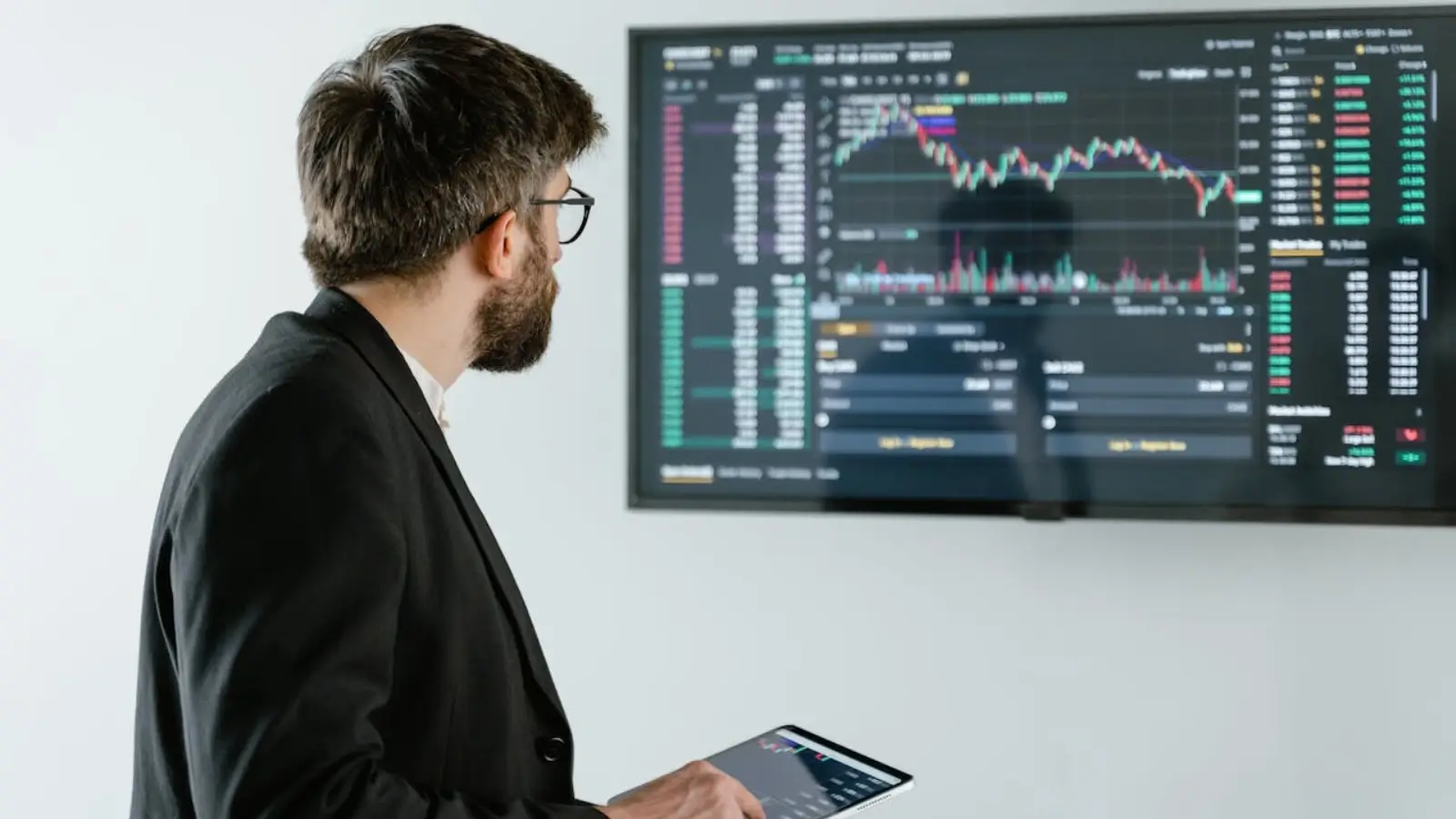


The way people work is changing in amazing ways all over the world. Baby Boomers, Generation X, and Millennials have all had a big impact on company culture over the past few decades, and each has left its own mark on how businesses work. Now the attention is turning to a new group: Generation Z. As the first true digital natives, their arrival into the professional sphere is redefining expectations, priorities, and the very structure of modern work. Employers are recognizing this generational shift and making significant adaptations to stay relevant and competitive.
They were born between the mid-1990s and early 2010s. The world they grew up in is full of technology, social media, and quick changes. Gen Z has never known a time without the internet, while Millennials went through its growth. This exposure has made them agile learners, highly adaptable, and comfortable with a constant flow of information. They also carry strong opinions on social responsibility, mental well-being, and inclusivity, values that they expect their employers to uphold.
Traditional career models, where employees worked for decades in the same company, are increasingly outdated in the eyes of Gen Z. They value career mobility, skill development, and experiences that align with personal goals. Rather than chasing status or rigid job titles, this generation prioritizes meaning and purpose in their work.
Employers are responding by creating clear career pathways, offering professional development opportunities, and fostering environments where younger employees can see tangible growth. Mentorship programs, rotational assignments, and flexible learning opportunities are now commonplace strategies to meet Gen Z’s appetite for continuous learning.
One of the most notable changes driven by Generation Z is the demand for flexibility. Remote work, hybrid models, and flexible schedules are no longer considered perks—they are baseline expectations. For Gen Z, work is not just about clocking in and out; it is about integrating professional responsibilities with personal fulfillment.
To adapt, organizations are rethinking their policies. They are investing in collaborative digital tools, redesigning office spaces for hybrid teams, and prioritizing performance outcomes over rigid schedules. This approach not only attracts Gen Z but also creates a healthier balance for employees across all generations.
With their innate digital fluency, Gen Z employees expect workplaces to leverage modern technology. Outdated systems and inefficient processes quickly frustrate them, as they are accustomed to seamless digital experiences in their personal lives.
Forward-thinking organizations are meeting this expectation by adopting advanced collaboration platforms, automating repetitive tasks, and exploring emerging technologies like artificial intelligence. These upgrades not only improve productivity but also align with the expectations of a tech-savvy generation, making the workplace feel modern and efficient.
Generation Z doesn't have a choice; diversity and acceptance are musts. The people in this group care a lot about fairness and being represented at work. They are more likely to choose companies that really care about diversity, fairness, and inclusion (DEI).
Companies are adapting by creating employee resource groups, implementing unbiased recruitment practices, and offering regular DEI training. For Gen Z, these initiatives are not simply corporate buzzwords but reflections of an organization’s core values. Employers that ignore this shift risk losing top talent to competitors who prioritize inclusivity.
Traditional hierarchical leadership models are losing traction with younger workers. Generation Z prefers leaders who are approachable, transparent, and supportive rather than authoritarian. They want managers who mentor, listen, and empower them to take ownership of their work.
Organizations are adjusting by investing in leadership training that emphasizes emotional intelligence, empathy, and adaptability. Leaders who can create trust and foster collaboration will find themselves better equipped to manage multigenerational teams.
The rise of Generation Z is a turning point in the history of the workplace. Their needs for adaptability, technology, inclusion, and a sense of purpose are forcing businesses to rethink methods that have been used for a long time. This change in generations is not a problem; instead, it's a chance for companies to become more flexible, understanding, and ready for the future.
As Gen Z continues to rise, companies that adapt to these changes will not only be able to hire the best people, but they will also create workplaces that are strong and successful. There is a big change happening in the way people work now that the baby boomers are coming of age.